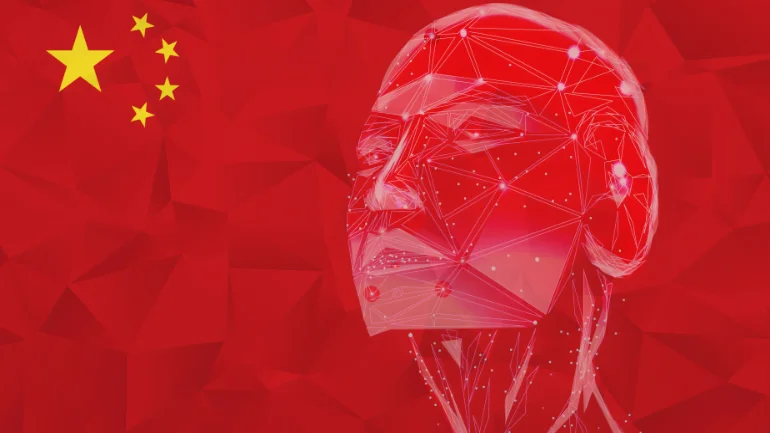According to a South China Morning Post (SCMP) report, Chinese scientists are reportedly looking to construct artificial intelligence (AI) chip factories to circumvent local industry sanctions.

Utilizing particle accelerators will facilitate the development of novel laser source production techniques. According to reports, the accelerator’s electron beam will be converted into a “high-quality” light source required for on-site fabrication of AI semiconductor circuits.
According to the report, a team of scientists from Tsinghua University is in talks with Xiongan New Area officials to determine the ideal location for the factory.
According to the report, local scientists regard this as a potential way to circumvent the United States’ current sanctions.
The particle accelerators would replace the lithography machine’s function in the stages to produce semiconductor chips for creating high-level AI systems.
The Netherlands-based company Advanced Semiconductor Materials Lithography (ASML) is the only company with the technology for such devices. The U.S. has prohibited the company from selling its high-end machines in China, similar to how it prohibits Nvidia, the world’s foremost manufacturer of artificial intelligence chips, from selling its most powerful products in China.
According to the SCMP report, the Chinese megafactory could contain numerous lithography machines. This is not China’s first attempt to combat sanctions with domestic measures.
In May, it was reported that Chinese companies were examining ways to develop artificial intelligence (AI) systems using weaker semiconductors and various chip combinations in response to U.S. sanctions.
After implementing the country’s landmark AI legislation, Chinese companies have published new AI systems despite the sanctions. Tencent introduced its own ChatGPT competitor on the Chinese market on September 7.
In the meantime, the United States has strengthened its hold on the AI manufacturing market. During a recent trip to Vietnam, the United States concluded billion-dollar agreements centered on artificial intelligence chips and technology.
European regulators are evaluating their position on export controls and restrictions on China due to the European Union’s fatigue with China’s leadership in AI development.
